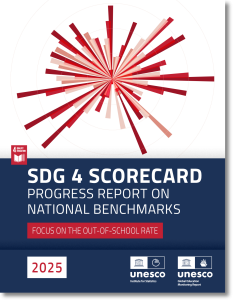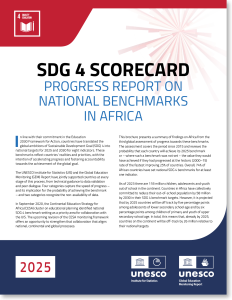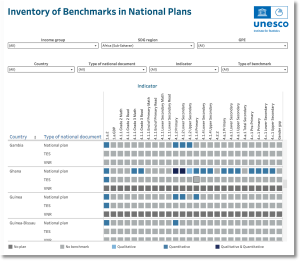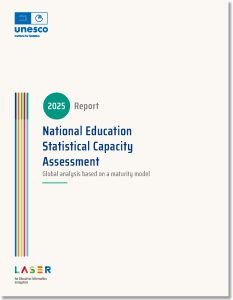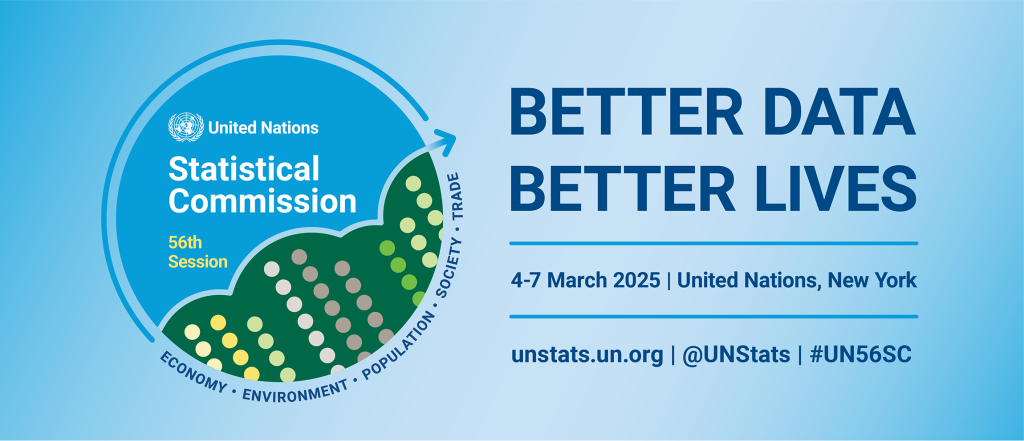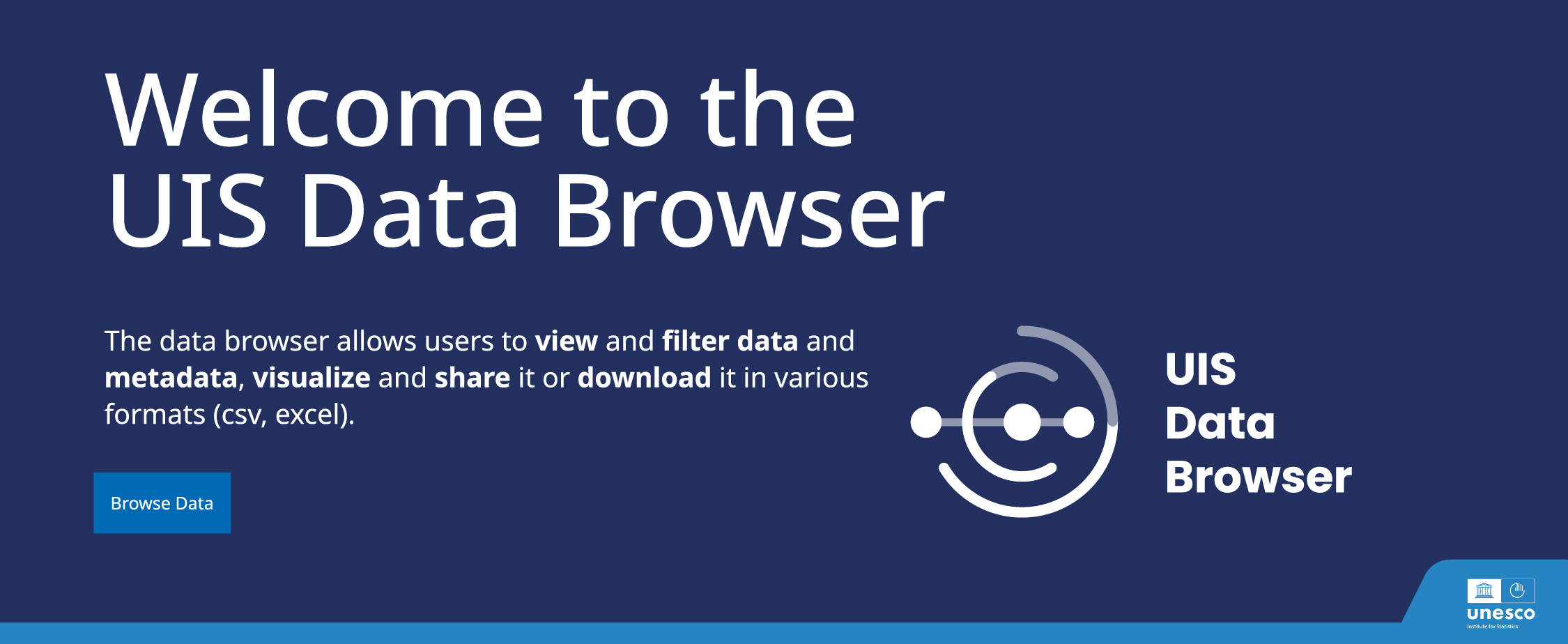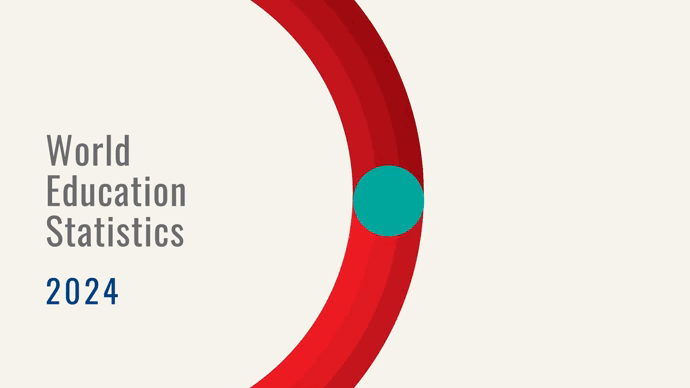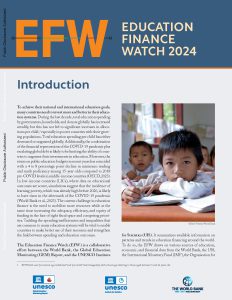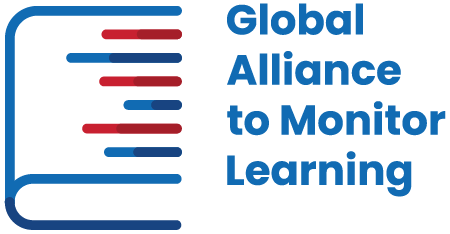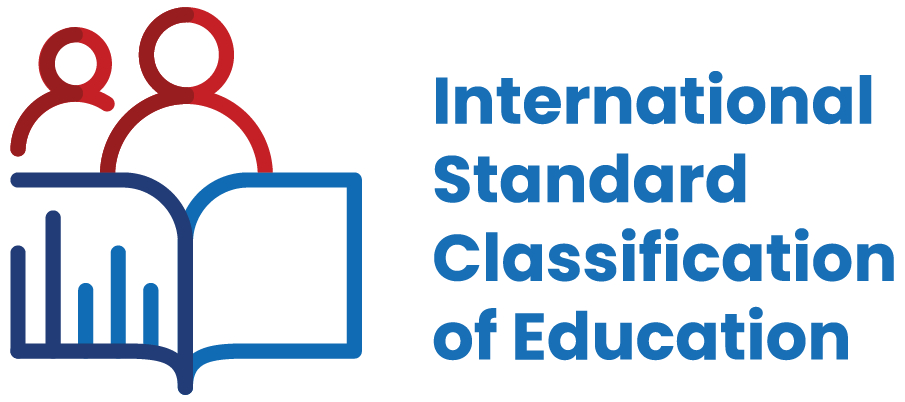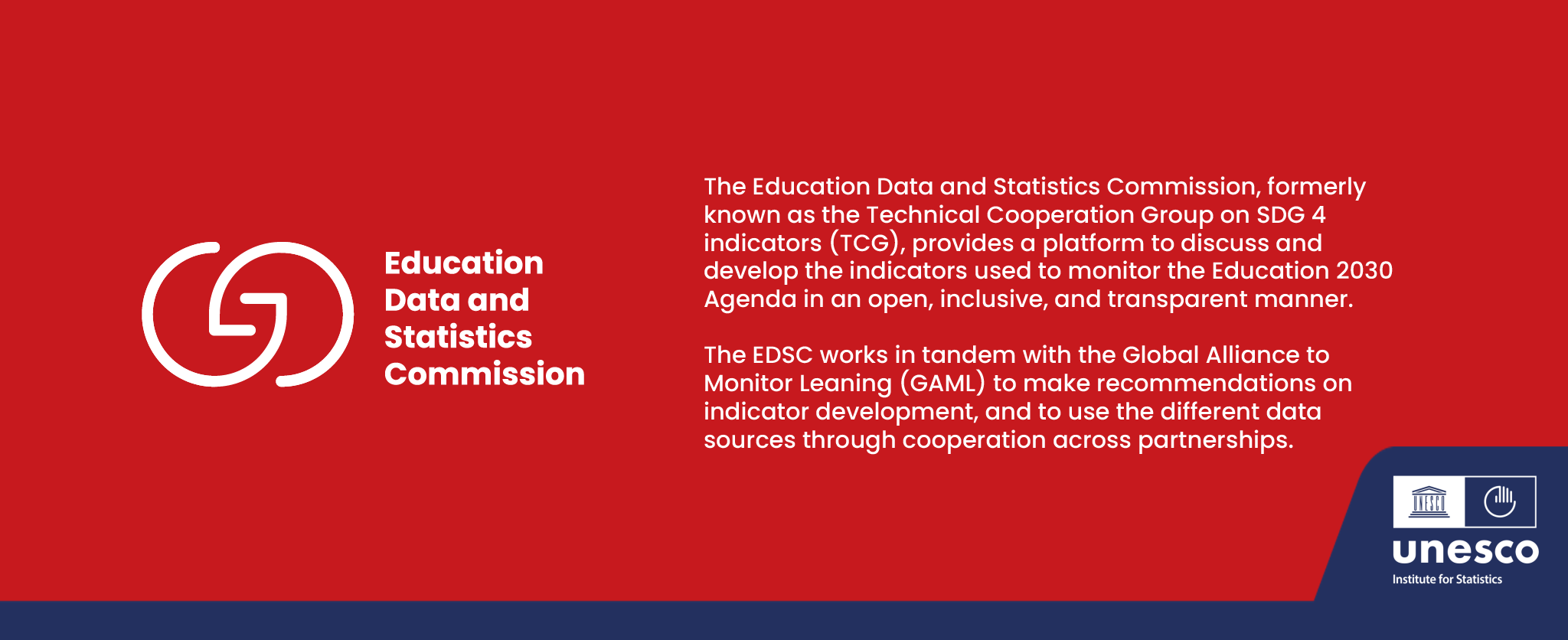
SDG 4 Scorecard
Progress report on national benchmarks
Focus on the out-of-school rate
The 2025 edition of the SDG 4 Scorecard, jointly produced by the UNESCO Institute for Statistics and the Global Education Monitoring Report, provides an update on countries’ progress toward their 2025 and 2030 national benchmarks, the targets that represent each country’s intended contribution to achieving SDG 4.
Download the latest Scorecard which focuses on the out-of-school rate.
Explore the updated tools supporting the benchmarking process:
Read more in these related blogs:
- Countries are throwing their weight behind the national SDG 4 benchmarking process
- The out-of-school population is higher than previously thought – and rising
And don’t miss the new Inventory of Benchmarks in National Plans
The Africa Edition of the 2025 SDG 4 Scorecard
Developed by the UNESCO Institute for Statistics and the GEM Report, the scorecard tracks how African countries are progressing towards their own national benchmarks - education targets grounded in local realities and priorities. The 2025 edition places a spotlight on the Out-of-School rate, showing 118 million children, adolescents and youth are currently out of school in Africa.
Covering 8 key indicators, from early childhood participation to education financing, the SDG 4 Scorecard shows where progress is being made, where it is stalling, and where data is missing. With 74% of African countries having set at least one benchmark, the Scorecard is now central to education monitoring on the continent and a powerful tool for course correction.
Download the Africa scorecard here.
Inventory of Benchmarks in National Plans
Developed by the UNESCO Institute for Statistics, the Inventory of Benchmarks in National Plans is a compilation of 762 national education documents published between 2004 and 2025—including 330 National Education Plans, 286 Voluntary National Reviews (VNRs), and 146 commitments submitted to the Transforming Education Summit (TES).
The aim of the inventory is to reflect the inclusion of quantitative and/or qualitative benchmarks in national planning and reporting processes, enabling the assessment of national priorities and progress toward achieving inclusive and equitable quality education.
Laser Global Report
The LASER Global Report National Education Statistical Capacity Assessment: Global Analysis Based on a Maturity Model is the first in a series of annual UIS publications presenting a global assessment of the status and capacity of education data ecosystems in 205 countries.
It is based on the results of a series of diagnostic evaluations of data quality and availability for each of the data sources and dimensions for policy use. It relies on a very simplified maturity model approach, the purpose of which is to help countries know where they are and aim to achieving greater maturity over time.
Read more:
Education Data and Statistics Commission (EDSC)
Paris, 27-28 February 2025
The 11th EDSC meeting provided an overview of progress and next steps on topics including among others: 2025 Comprehensive Review Process; Literacy; Population; School meals; ISCED review panel; Greening education; Handbook on household surveys; SDG indicator 4.3.3; Joint modeling for completion and out-of-school rates; Out-of-school rates in protracted crises; Learning; Teachers; and the Benchmarking process. The meeting ended with the launch of the LASER report National Education Statistical Capacity Assessment: Global Analysis Based on a Maturity Model and the dashboard Global mapping of teachers' requirement policies.
Global Alliance to Monitor Learning (GAML)
Paris, 25-26 February 2025
The 11th GAML meeting advanced the global learning measurement agenda by discussing recent developments and pending challenges related to SDG indicator 4.1.1, with a particular emphasis on SDG 4.1.1a; Eligibility criteria for learning assessments; Standard-setting; Item difficulty; Benchmarks for precursor skills; MPL blueprint; Context questionnaires; Item library; Virtual fund and vetting mechanism; and buyers' guide. The meeting included presentations from international agencies, regional organizations, and countries.
For more information, please visit the EDSC and GAML meeting page and read the post-meeting consultation report to view the latest decisions on out-of-school rates in emergencies, TVET participation, school meals, national population, ISCED, and teachers’ qualifications.
United Nations Statistical Commission
New York, 4-7 March 2025
The 56th Session of the United Nations Statistical Commission brought together global experts to discuss critical topics, including the draft System of National Accounts (SNA) 2025, the review of the 2020 round of population and housing censuses, progress on data and indicators for the 2030 Agenda, environmental-economic accounting, and food security statistics. These discussions will shape the future of global data collection and analysis, ensuring better-informed policies.
The UNESCO Institute for Statistics (UIS) presented a report addressing three areas: (a) national benchmarks for education; (b) model estimates for out-of-school and completion rates; and (c) the Conference on Education Data and Statistics.
Check the documents page for more details.
Explore the UIS Data Browser
The UIS Data Browser is a comprehensive platform for policymakers, researchers, and developers to access internationally comparable data on education, science, and culture.
With a user-friendly interface, the platform enables users to view and download customized datasets, explore metadata and documentation, and utilize advanced visualization tools. Users can filter indica- tors by country or region, create charts to analyze trends, and easily share insights with others.
The UIS offered training sessions on data extraction from its browser using the web Application Programming Interface (API). For more information, explore the concept note and visit the API training webpage.
World Education Statistics 2024
The UIS has launched World Education Statistics 2024, marking the beginning of a new annual publication series. This publication highlights progress across various SDG 4 targets, including primary and secondary education, early childhood education, vocational and higher education, workforce skills, gender parity, literacy, and more. It also features tables presenting available data for all countries from 2015 to 2024.
An accompanying interactive app allows users to explore UIS data on a global map, making it easy to search and visualize all indicators.
Technical Advisory Group on SDG indicator 4.1.1
The UIS convened a TAG of experts to refine the eligibility criteria that assessments should meet for reporting on SDG 4.1.1, with emphasis on SDG 4.1.1.a (early grades) given its downgrade from Tier I to Tier II during the IAEG/SDG meeting in October 2023.
For more information, refer to this page: TAG on SDG 4.1.1a.
The first TAG meeting (4-6 March 2024) reviewed the Criteria for Eligibility of a learning assessment to report on SDG 4.1.1, a document last updated on 9 December 2024. The second TAG meeting (14-16 May 2024) reviewed the evidence from the analysis of existing databases and discussed benchmark-setting.
Webinars on 'Reshaping the ecosystem for learning assessments'
The UIS organized two webinars on learning assessments to describe the progress made in measuring learning and the ongoing efforts to solve the issues still hampering countries from reporting on SDG indicator 4.1.1 (10 and 16 September 2024).
The first webinar focused on institutional innovations including an overview of the overall architecture of the assessments’ ecosystem and the rationale for its improvement and discussed a proposed virtual fund and a vetting mechanism for assessments.
The second webinar introduced a proposed buyer's guide aimed at promoting countries’ free and informed choice of learning assessments. The guide provides countries with information on options and costs to help them – as well as the assisting donors - decide what assessment they need.
Education Finance Watch
The Education Finance Watch (EFW ) is a collaborative effort between the World Bank (WB), the Global Education Monitoring (GEM) Report, and the UNESCO Institute for Statistics (UIS). The EFW aims to provide an analysis of trends, patterns, and issues in education financing around the world using various sources of education, economic, and financial data from the WB, UIS, the International Monetary Fund (IMF), and the Organisation for Economic Co-operation and Development (OECD).
The latest 2024 Education Finance Watch (EFW) report shows that during the last decade, total education spending by governments, households and donors globally has increased steadily. However, this rise has not led to major increases in allocations per child, especially in poorer countries with growing populations. Globally, total education spending per child has either decreased or stagnated.
Download the EFW2024
